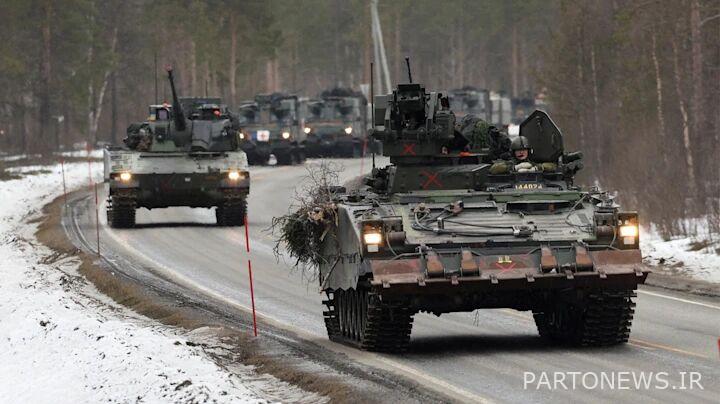Berlin provides financial assistance to Kiev instead of heavy weapons

According to an IRNA report on Wednesday, quoting the Telegraph newspaper; German army in support of Chancellor Olaf Schultz’s decision; It has stated that sending German heavy weapons to Ukraine will prevent it from achieving NATO goals.
Reuters also reported that German Defense Minister Analna Bayerbuk had said in the Latvian capital Riga that her country had decided not to make public all the weapons it had sent in support of Ukraine, but to Kiev to use and maintain other advanced weapons systems. He may buy, and training his troops will help.
“We have provided Ukraine with anti-tank and Stinger missiles and other equipment that we have never spoken about openly,” Bairbok said.
The German defense minister has said that his country will send Kiev troops to use and maintain its self-propelled howitzer artillery system (Pantse Hobitz 2000) in Ukraine, which some experts say is necessary for the army’s counterattack against Russian forces in the Donbas region. It will provide more advanced training that it may receive or purchase directly from other allied countries.
According to Deutsche Welle; The German chancellor has also said that Ukraine’s allies have agreed to provide artillery to Russia to counter its advance.
With the German government’s decision to send limited military weapons to Ukraine, Berlin is in contact with the German arms industry to determine what weapons, such as anti-tank and air defense weapons, could be delivered to Ukraine immediately.
“We are raising the money to buy, the aim is to strengthen the Ukrainian army so that it can repel the Russian attack,” Schultz said. The Allies will continue to provide financial assistance to the Ukrainian army, and the G7 leaders have agreed to provide long-range artillery to Ukraine.
The German Chancellor’s remarks on Ukraine came after his meeting with the Group of Seven leaders, Ursula von der Lahn, President of the European Commission, Charles Michel, President of the European Council, Jens Stoltenberg, Secretary General of NATO, Andrei Doda, President of Poland, and Klaus Johannes, President of Romania. .

